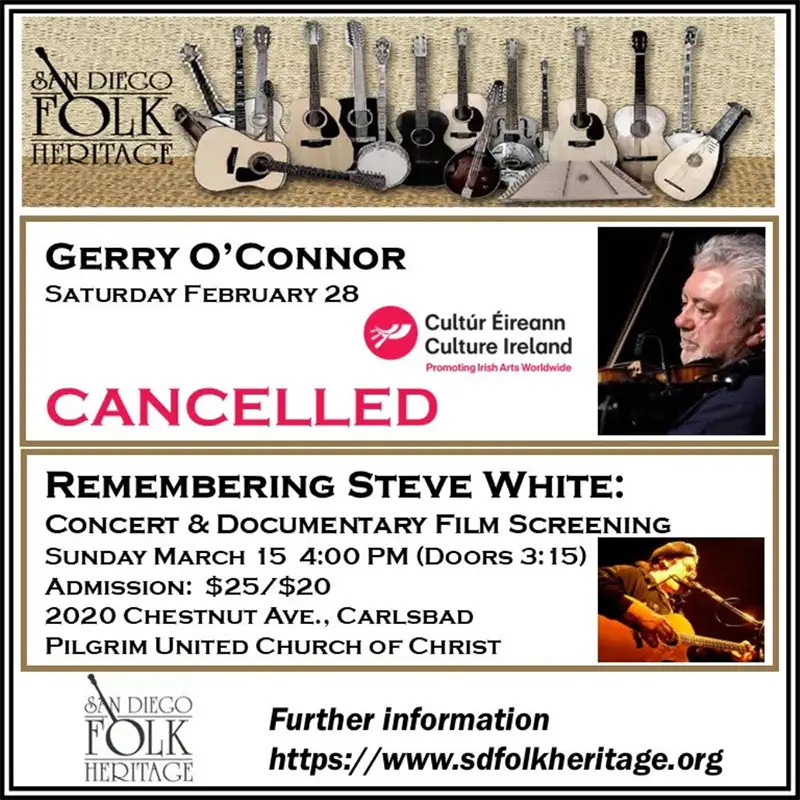Stages
A New Leaf
In January the year is new and full of promise. All our mistakes are behind us. We have been forgiven by those we have trespassed against, just as we have forgiven our trespassers. We are free of the regret that plagued us in the past. As Elbert Hubbard said, “We are not punished for our sins, but by them.” Let the punishment end. January calls us to strike out anew, unburdened, into the grand adventure of our life.
The holiday season was a busy time of shopping, cooking, traveling, planning, baking, giving, receiving, singing, dancing, reveling, and collapsing in deep-tissue exhaustion. Many of us emerge from the holidays needing, well, a holiday. Getting snared into what passes for Christmas in our fast-paced commercialized culture, we often lose sight of our core convictions and values. The dazzle gets the best of us. Now that it’s all behind us, let’s stop, take a breath, and dig down deep into what we know is true. Instead of New Year’s resolutions, which rarely hold up, let’s refresh our core values and draw on their wisdom in the months ahead. Let’s go back to what we know.
Do unto others as you would have them do unto you. This golden rule is embraced in every wisdom tradition. It is a simple idea. Cultivate the imagination and the empathy to feel, really feel how your actions impact others. Stand in their shoes. See through their eyes. Watch yourself approach. Hear your words through their ears. Feel your thoughtless actions shatter their peace of mind. Recognize your oneness and root firmly in this awareness.
Practice restraint of tongue and pen. It is difficult to sow peace and understanding when you speak carelessly or in haste. If your words are necessary, say them with kindness, in a way that artfully anticipates conflict and prevents it. If your words are not necessary, keep them to yourself. Your email has a draft box. Use it. Facebook has an edit feature. Use that too.
What we do is who we are. Our actions become our habits and our habits construct our character. This unimpeachable law is both imprisoning and liberating. As we ponder our circumstances, we realize that our thoughts, choices, and actions have largely created them. But we are never stuck. We can always set into motion new karmic chains of cause and effect by choosing new thoughts, changing our actions and constructing new habits. People do it all the time.
Opinions are not facts. Ever since the moment we were born, we struggled to understand the bewildering world around us. We formed impressions and reached conclusions, some of them reasonable and some of them ludicrous. Absolute certainty has, however, eluded us. Everything we know is a belief, an opinion, and as such is subject to revision as new and more compelling evidence arises. Some ideas are truer than others, that much is clear. But certainty itself remains just out of reach. Wise people practice humility and playfulness in their interactions with those who hold different beliefs, knowing that so much of anyone’s worldview is inexorably shaped by circumstance and environment — an experiential field unique to each individual. Good natured humility, gentle humor, and a soft voice are the hallmarks of true wisdom.
Don’t judge. This pearl from the mouth of Jesus demonstrates the depth and subtlety of his insight. None of us ever really understands the emotions, experiences, and motives of another, so there is no way to accurately categorize or evaluate their actions. This is not to say that we are wrong to discern between good and bad, helpful and harmful, or defend ourselves against the destructive actions of others. But judging is dangerous because it is almost always a mere projection of one’s own self-serving categorizations. The real harm of judging is that it chokes off the channels through which love, understanding, and forgiveness flow. When we judge we sever the binds of our own humanity. Is there anything more heartbreaking, more hopeless than the smug dismissal of judgment? Both the judged and the judger wither in their isolation.
There is only this present moment. The past is a memory and the future a fantasy. There is always and only this present moment. Be mindful of how much presence you squander in dreams of the past or the future. Remorse, regret, and shame are the bitter fruits of past-obsession, while anxiety, worry, and fear are the bitter fruits of future-obsession. The cure for both of these maladies is to come back to the now. This is easily accomplished — simply get out of your head and back into your body. Feel the aliveness in your hands, in your skin, in your breath. Go outside. Do something for others. Take action. Love something more than yourself. Notice how sadness and worry dissipate in the bright light of the now.
Happiness is not a goal, it is a by-product. Stop seeking happiness. It cannot be found. It finds you. But only when you let go of craving and grasping. Happiness is what happens to you when you do good work, serve others, find a way to be useful, and become a part of something larger than yourself. Happiness happens when you live the life you were born to live. Joy arises all on its own when you allow the boundless creativity of the universe to manifest itself in you, through you, and as you. But as soon as you try to grasp it, it vanishes. Happiness is not attained, it’s allowed.
There is no such thing as failure. Every mistake, no matter how horrific, no matter how destructive, creates new opportunities that didn’t exist before. This is not about justifying the damage or calling it “good,” it is about acknowledging our imperfection and humbly moving forward into the new terrain laid bare by our blunder. Wise people realize that without risking the possibility of failure, nothing new is possible, and from the wreckage of the past new forms emerge — this time guided by eyes that see further, with hands more skillful, and a heart made softer by the wear.
Fear is the only enemy. Very occasionally, fear is a helpful tool that forestalls disaster. But most of the time fear is a destructive form of self-obsession that hinders our actualization far more than any outside force. Like a barometer, our fear-level accurately indicates the extent to which we are stuck in delusion. Putting fear in its rightful place is the daily work of all who would be wise.
Love is the only answer. Love means acceptance, humility, compassion, connection, warmth, understanding, patience, forgiveness, kindness, and freedom. There is nothing on earth that can long withstand this unstoppable force. And love yourself, too — don’t offer yourself up for sacrifice on the altar of someone else’s ego. Love is simply the awareness that you are part of something beautiful and true, and the willingness to say yes to your own infinite value. Love asks us to rise into the realization of our own magnificence. The world reveals itself in myriad forms. But through the eyes of love, every face you see is your own. Let this New Year be a daily parade of opportunities to be of service, to feel alive, to be in love with the whole crazy mess. When we walk in love, the whole world bends in our direction like a beautiful tree shading our path, pointing the way and offering, every day, a new leaf.
Peter Bolland is a writer, speaker, singer-songwriter, and professor at Southwestern College where he teaches comparative religion, Asian philosophy, ethics, and world mythology. You can find him on Facebook (www.facebook.com/peter.bolland.page), follow him on Twitter (www.twitter.com/peterhbolland), or write to him at peterbolland@cox.net






